The human race pays for the ability to walk on two legs with back pain. If your back periodically hurts in the lumbar region, it may be a sign of intense fatigue or the result of a long stay in an uncomfortable position during work or sleep. But the reasons may be more serious.
Causes of pain
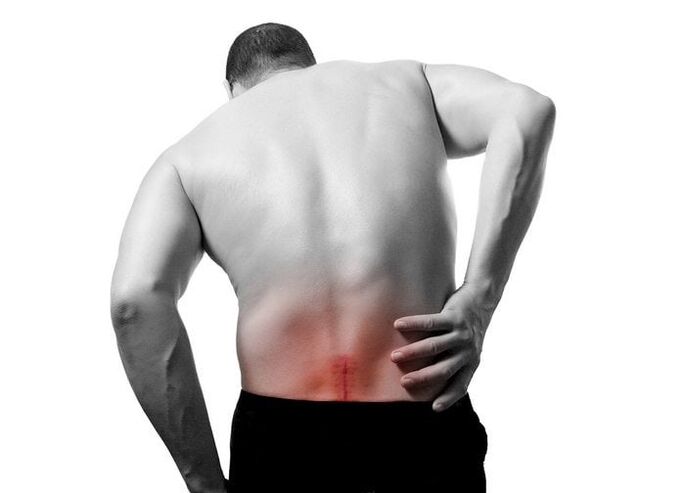
The lower back is one of the most painful areas. There are reasons for this:
- Osteochondrosis?
- Scoliosis?
- Herniated disc?
- tumors;
- tissue infections.
The nature and intensity of the pain depends on the disease. And it worries in different ways: after sleep, exercise, overwork. For example, renal colic is accompanied by pain in the lower back all the time. And the patient's type of activity does not matter here.

- Most often it hurts in the lumbar region due to osteochondrosis of the lumbar spine. Moderate pain during sleep, aggravated by physical exertion. He is constantly tormented by a feeling of fatigue. The feeling of heaviness causes the desire to lie down. But relief does not always follow.
- If there is a herniated disc, severe pain occurs after sudden movements, lifting weights, falling.
- If the hernia is compressed, there is sharp pain, characterized as low back pain. Movement in the lumbar region is noticeably limited. Damage to the nerve root gives a pain signal to the leg.
- In old age, narrowing of the intervertebral canal often occurs. A sign of it is lameness, numbness of the legs, especially after a long walk.
- The stiffness that appears in the morning in the region of the spine indicates the beginning of the development of Bechterew's disease. Initially, sharp pain sensations appear in the sacral region, then spread to the lumbar region. The feeling after sleep is not rest, but fatigue, which disappears with the onset of motor activity. Young men are more affected by the disease. The disease is hereditary. Basically, the lower back hurts in the supine position.
- Acute pain in the lumbar region also occurs with pyelonephritis (an inflammatory process in the kidneys). They are accompanied by an increase in body temperature, swelling in the morning after sleep.
- Often in elderly men, a disease such as an aneurysm of the abdominal aorta develops. Abdominal pain and palpitations are a result of aortic pressure on nearby organs.
- Lower back pain, fever, burning along the nerve are signs of shingles. This viral disease affects the cells of the spinal cord. A pink rash appears on the body and later blisters.
- Another common disease that many people think is harmless is flat feet. A deformed leg increases the load on the spine when walking. During sleep, the pain is relieved.
- If there are congenital changes in the vertebrae: an irregular shape or a change in the cleft, then sooner or later they will be felt.
- Autoimmune pathologies, especially multiple sclerosis, cause pain of various locations. Including lower back pain.
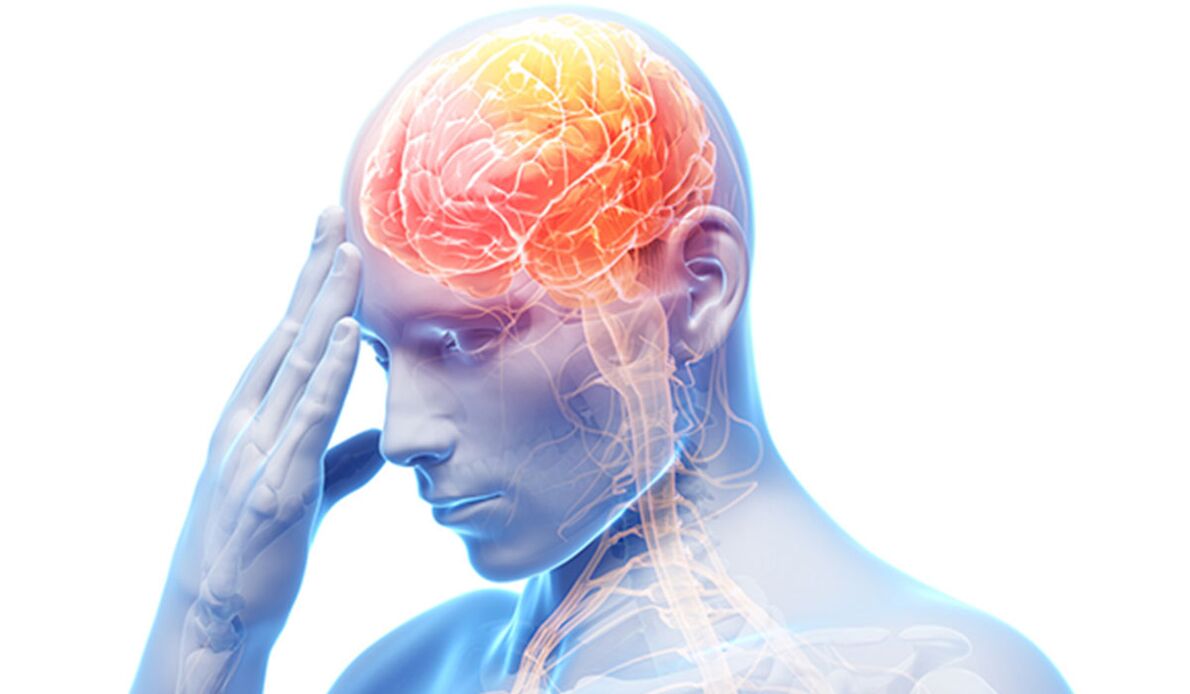
There are other reasons why the lower back hurts a lot. This can be osteoporosis, infections of the genitourinary system, hemorrhoids, tumor diseases, complications after viral or bacterial infections. And even physiological changes that affect women and occur during pregnancy and childbirth.
Pain caused by diseases of internal organs
When you wonder why the back hurts in the lumbar region, sometimes it is difficult to believe that the reasons may be inside the organs. The fact is that in some cases, pain sensations from the internal organs "radiate" to the lumbar region.
- Right pleurisy, pneumonia - the causes of pain in the lumbar region on the right. Accompanying symptoms: cough, shortness of breath, fever. Left sided pleurisy sends pain signals to the left side of the back, which worsens with bending, supine during sleep.
- Cholelithiasis also locates sharp pains on the right, just above the waist, and are accompanied by belching, nausea. They have a penetrating character.
- Pain in the belt in the lower back occurs due to pancreatitis. Its companions are nausea and vomiting.
- Severe pain under the left shoulder blade is often the result of a myocardial infarction.
- In men, prostate pathology gives pain in the area below the waist, with a transition to the sacrum. Women have cystitis.
- Diseases of the peripheral digestive tract - the causes of pain below the waist.
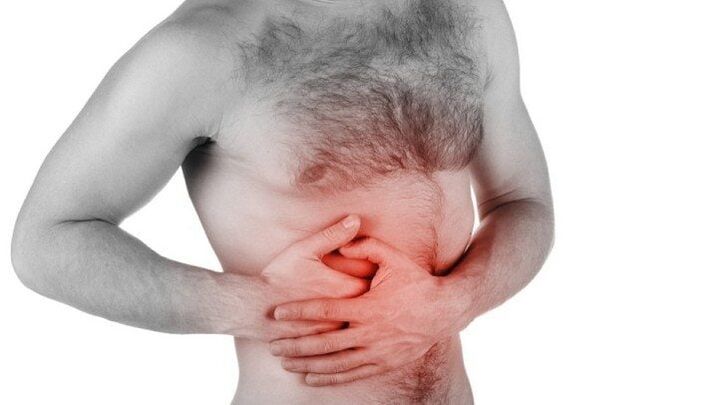
Pain triggers
Pain can also be caused by factors such as:
- Hypothermia of the body.
- Intense physical activity.
- Certain sports (bodybuilding, bodybuilding, weightlifting, weight training).
- Crick.
- Fracture.
- The menstrual cycle in women.
- Wrong diet.
- Stress.
- Awkward position while sleeping.
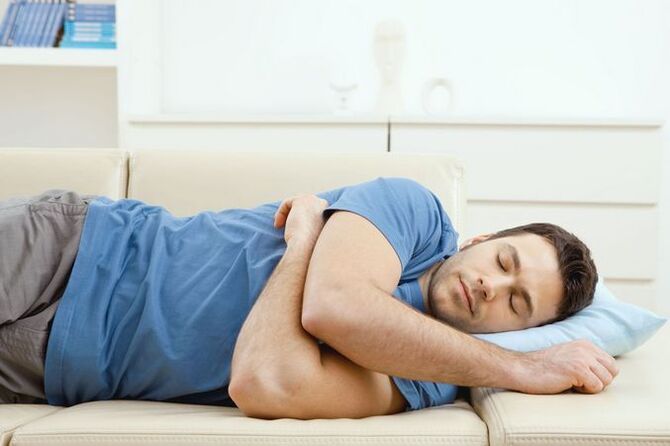
Back pain in the lumbar region in children
New technologies have brought not only benefits to our world, but also harms. Why; Because the love for the computer from an early age deprives children of full physical activity, forms the wrong attitude.
Important: if you choose the right chair and table for your child, then curvature of the spine can be avoided!
Scoliosis can develop from using a heavy backpack, flat feet, uncomfortable shoes. Be sure to pamper him! Children are contraindicated in excessive physical activity, weight lifting. When exercising in the sports department, you should be especially sensitive to the child's complaints of back discomfort after training. We can talk about spinal hernia. Early treatment will allow the child to live a full life.
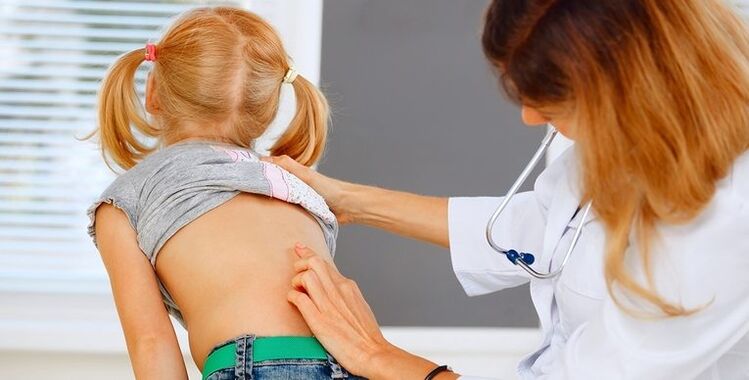
Types of pain
The nature of pain is divided into the following types:
- Spasms in the long muscles of the back cause sharp pain. This happens due to stretching. The problem is known to athletes and people whose specific occupations are associated with stress on the back muscles. In the supine position the pain subsides a little. The main localization site is the lower back.
- An injury to the spine, i. e. a fracture, is very dangerous. It can occur from an unsuccessful fall or become a consequence of osteoporosis, Paget's disease, hyperparathyroidism.
- Displacement of the intervertebral discs causes pain as a result of compression of the nerve roots. For this reason, the patient's mobility is limited, the sensitivity is reduced and the jerk of the knee is reduced. The danger of this disease is also that the healthy vertebrae begin to hurt, and this implies disturbances in the functioning of the internal organs and is the cause of restless sleep.
- Joint syndrome in 31% of cases causes back pain. This degenerative process arrests the capsule of the intervertebral joints and causes pain not only in the lower back, but also in the legs. The lower part of the back hurts in a sitting position, with lateral bending or leaning back, with long standing.
- The inflammatory process of an infectious nature in the epidural space is a very serious and dangerous disease. It can be fatal if not treated promptly.
Treatment
Seeing a doctor right away when you have back pain is key to successful treatment. Even if the pain only bothers you at night or after sleep, there is a reason to visit a specialist.
After analyzing the causes, the doctor will give recommendations on how to treat and not get sick. The treatment will be complex, using ointments, tablets, injections, massage and physical therapy exercises.
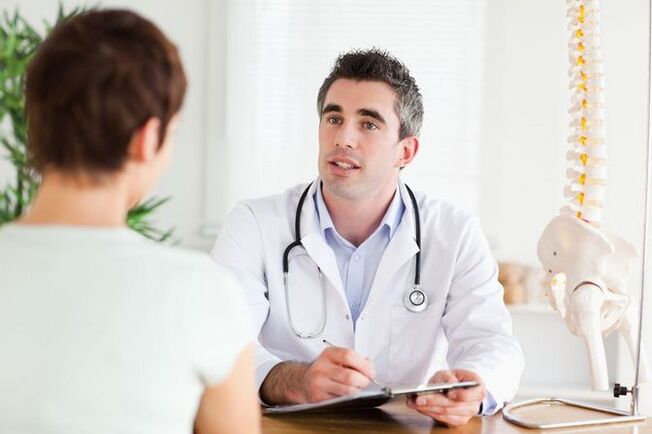
Non-steroidal anti-inflammatory drugs are in the first place in the treatment of low back pain:
- In the initial stage, literally the first 3-5 days, treatment is carried out with the help of injections to relieve pain and inflammation. They work quickly, effectively relieving acute pain by directly injecting the drug into the blood or muscle.
- Then, anti-inflammatory and analgesic tablets, chondroprotectors, irritant drugs are used (in each case separately).
- In addition, ointment treatment is applied. Correctly selected ointment helps to relieve inflammation in the affected area and also warms (if necessary).
Reflex muscle tension is removed with the help of muscle relaxants. With their help, the pain syndrome is treated and mobility is restored. Application from 3 to 7 days.
Formulations of group B vitamins are a necessary addition to the main treatment.

In some cases, drug exclusion is necessary. The anesthetic is administered epidurally or paraspinally. It is used for degenerative changes in the spine.
Physiotherapy treatment:
- UHF?
- electrophoresis?
- Magnetic therapy.
Massage relieves acute pain by improving blood circulation. Kneading the muscles has a beneficial effect on the elasticity and flexibility of the ligaments. To improve the general tone of the body and only with the permission of the attending physician, the massage is combined with a bath or sauna. You cannot get warm during the infectious process!
Pain during pregnancy can be relieved by wearing a special bandage.
The use of orthopedic insoles is mandatory for patients with flat feet.
Physiotherapy
Physical exercise is also therapy. They strengthen the back muscles, improve posture, increase muscle tone and increase blood circulation. They are used not only in the complex of therapeutic treatment, but also for the prevention of pain in the lumbar region. As in the case of drug therapy, therapeutic exercises are prescribed in each case individually, analyzing the main causes of the disease. But there are several general exercises, each of which is performed 5-10 times, preferably in the morning, avoiding overwork.
- In a standing position, tilt the body alternately to the right, forward, backward, left.
- In a standing position, with feet shoulder-width apart, turn the body to the sides.
- On all fours, do a "kitten": arching the back in the lower back.
- Lie on your back, bend your legs at the knees, arms along the body. Raise and lower the pelvis, gradually increasing the range of motion.
- Lie on your back, legs straight, arms along the body. Alternatively, bend the legs at the knees and then pull up to the chest.
- You stand on all fours, swinging your legs alternately.
Whatever the reasons, only a specialist can determine why the back hurts, identify the "culprit" of the disease and prescribe the correct and effective treatment. As with any other disease, self-medication is not worth it! Any medicine can not only heal, but also harm if chosen incorrectly.




























